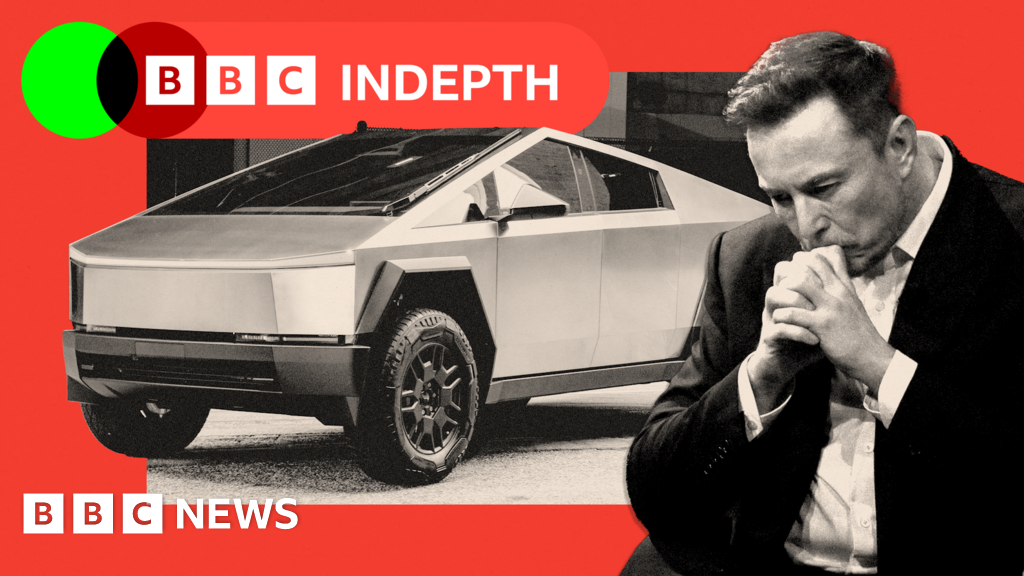
Tesla: Beyond the Musk Show – Deeper Challenges Facing an Electric Giant
Tesla. The name conjures images of sleek, futuristic vehicles, groundbreaking technology, and a charismatic, albeit controversial, CEO. But beneath the surface of this seemingly unstoppable electric vehicle (EV) juggernaut lie significant challenges that extend far beyond the headlines dominated by Elon Musk’s often-unpredictable pronouncements. While the company boasts a market capitalization exceeding its earnings by a staggering factor, a closer look reveals fundamental issues threatening its long-term dominance.
One key concern revolves around Tesla’s valuation. The current market price, significantly higher than what traditional financial metrics would suggest, reflects a bet on future growth and innovation. However, this high valuation leaves Tesla vulnerable to market fluctuations and investor sentiment. Any downturn in the EV market, or a failure to meet ambitious production targets, could trigger a dramatic correction, impacting not only Tesla’s stock price but also its ability to invest in future research and development.
Beyond valuation, Tesla faces stiffening competition. Established automakers are rapidly ramping up their own EV production, offering increasingly competitive models with comparable technology and features. This competition is not limited to established players; a wave of new EV startups are entering the market, further intensifying the pressure. Tesla’s once-unmatched technological advantage is rapidly diminishing, forcing the company to innovate faster and more efficiently to maintain its competitive edge.
Production challenges also pose a significant hurdle. Meeting ambitious production goals while maintaining quality and minimizing delays has proven difficult for Tesla. Reports of production bottlenecks, quality control issues, and delays in delivering vehicles suggest the company is struggling to scale its operations effectively. This struggle directly impacts customer satisfaction and potentially damages Tesla’s brand reputation – a crucial asset in a highly competitive market.
Furthermore, the company’s reliance on its charismatic, yet unpredictable CEO, presents an inherent risk. While Elon Musk’s vision and leadership have undoubtedly played a significant role in Tesla’s success, his outspoken nature and frequent controversies create volatility and uncertainty. This volatility can affect investor confidence, damage brand perception, and potentially alienate customers. The company’s future success will require a carefully planned strategy for leadership succession and a more consistent approach to public relations.
Finally, Tesla’s global expansion ambitions present considerable logistical and regulatory challenges. Navigating varying international regulations, establishing robust supply chains in new markets, and adapting to diverse consumer preferences requires significant resources and expertise. Failure to effectively navigate these challenges could hinder Tesla’s growth plans and limit its global market penetration.
In conclusion, Tesla’s future success isn’t solely dependent on the next innovative product or Elon Musk’s latest tweet. Addressing the fundamental challenges of valuation, competition, production, leadership, and global expansion is crucial for the company to maintain its current position and realize its ambitious long-term goals. The road ahead is paved with both opportunities and significant hurdles, and only time will tell if Tesla can successfully navigate this complex landscape and continue its remarkable journey.



Leave a Reply